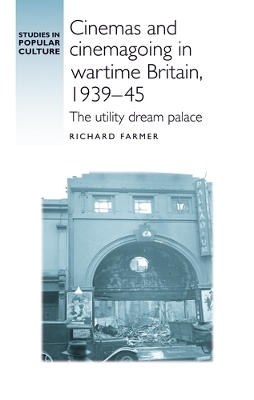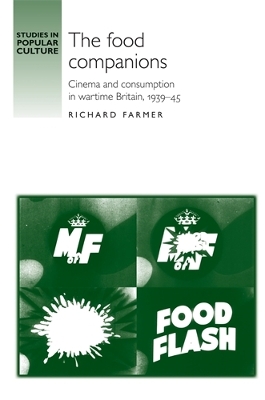Studies in Popular Culture
2 total works
During the Second World War, the popularity and importance of the cinema in Britain was at its peak. In this groundbreaking book, Richard Farmer provides a social and cultural history of cinemas and cinemagoing in Britain between 1939 and 1945, and explores the impact that the war had on the places in which British people watched films.
Although promising the possibility of escape from the hardships and terrors of wartime life, the cinema was so intimately woven into the fabric of British society that it could not itself escape the war. Drawing on a wealth of contemporary sources, and on the memories of wartime cinemagoers, Cinemagoing in wartime Britain, 1939-45 is the first book to offer an in-depth exploration of the impact that phenomena such as the black out, the blitz, food rationing, evacuation and conscription had on both the exhibition industry and the experiences of the picturegoers themselves.
The introduction of rationing in January 1940 ensured that food became a central concern for the British people during the Second World War. The food companions investigates the cinema of this period and demonstrates the cultural impact that rationing and food control had on both government propaganda and commercial feature films.
Combining archival research, detailed film analysis, and the extensive use of contemporary documents and resources, this book is the first to fully address the extensive propaganda work of the Ministry of Food both inside and outside the cinema. It also explores the tensions contained in images of communal dining, investigating the role that food played in Gainsborough's narratives of excess and identifying and analysing a cycle of black-market feature films. Lively and illuminating, The food companions will be welcomed by film scholars, historians, students, and anyone who has ever wondered about the important contribution that tea made during the war to shaping ideas of Britishness.

